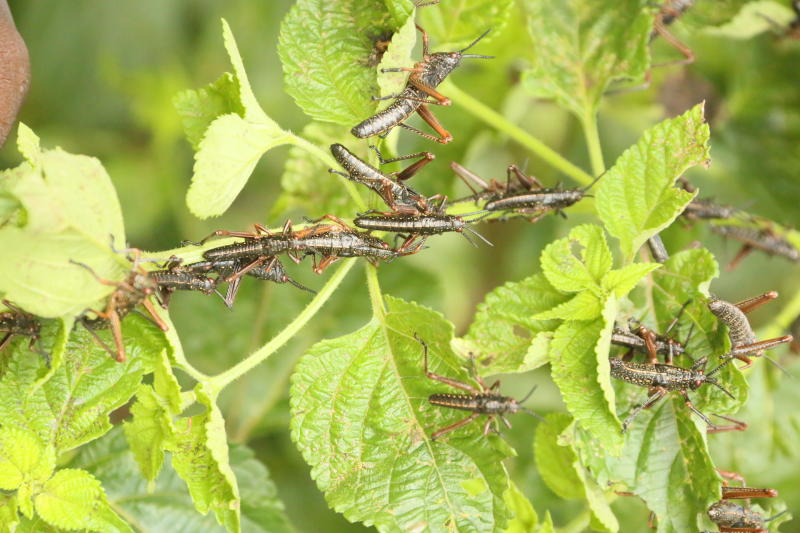×
The Standard e-Paper
Smart Minds Choose Us

Our Pan African founding fathers fought hard for the dream of a self-sufficient Africa capable of growing its own food to be fulfilled by successive generations. The dream has not come true yet, though we grew up hearing the promising story that Africa has potential to not only feed itself, but the entire planet.